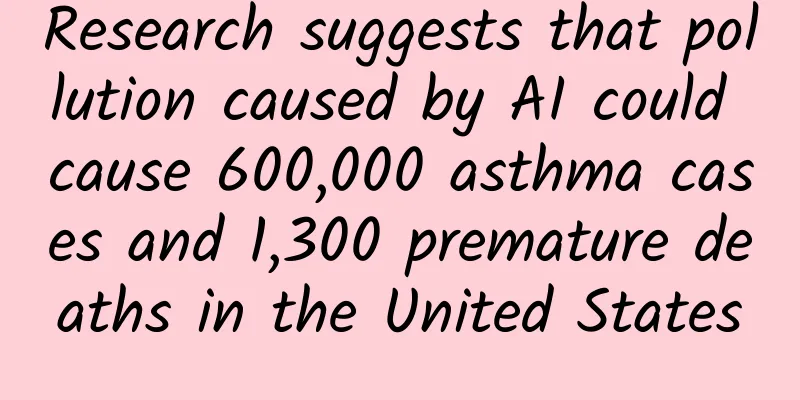These organs that you always dislike can save your life at critical moments!

|
【Written at the end】 For a long time, people knew little about the psychology of disgust at ugliness. However, many studies have shown that things that humans consider ugly are often related to diseases, such as bodies and facial features that are similar to pathological features, or even objects that carry potential disease risks. Some researchers have found through investigations that when people see ugly human faces, ugly animals, or even some ugly buildings to a lesser extent, they will experience emotions of disgust or even active avoidance. This ugly judgment is especially evident when a person has symptoms related to a disease. This mechanism of the brain reminds us to pay attention to and avoid possible pathogen infection. In fact, this is not difficult to understand. Early humans lived a life of eating raw meat and drinking blood and did not know the existence of pathogens. When faced with an epidemic, most people were killed by pathogens, but those who rejected ugly faces were lucky enough to survive because they stayed away from pathogens. Throughout the history of human evolution, we have faced countless epidemics. In the process of repeated elimination, the ones who finally survived were our ancestors who had a natural aversion to ugliness. Higher level humans Spread all knowledge worth spreading |
Recommend
How to activate Baidu bidding? How to open an account and how much does it cost?
The placement of any bidding advertisements does ...
Mini Program Development Cost List, How Much Does It Cost to Develop a WeChat Mini Program?
Many businesses with marketing awareness have beg...
Super recommendation detonates the homepage, leveraging the homepage's average monthly traffic of 1 million to continuously grow (full practical operation) 7 days fast low-cost new users
Jiucai e-commerce · Lao Tao will help you easily ...
The "number one internet celebrity" in the tech trend circle, Aion LX has evolved in technology and its value has been comprehensively improved
On November 3, GAC Aion LX technologically evolve...
A review of the top 10 most popular marketing events in 2018
Alipay Koi, Yang Chaoyue from "Produce 101&q...
Share 4 niche but conscientious APPs: Each one is one in a hundred, please use it in a low-key manner
In our lives, almost everyone has a mobile phone....
What magical data are there on Double 11 this year?
One minute with the doctor, the postures are cons...
Analysis of JD Supermarket’s User Operation System
Today I will bring you an analysis of the user op...
At the 2018 Google Developer Festival in Shenzhen, Testin’s AI application cases received extensive attention
Curiosity and idealism are the driving forces tha...
Bring KTV home, "Tianlai Karaoke" TV version of passionate experience
Nowadays, more and more young people may choose t...
"Low-sugar" mooncakes cause diarrhea? Thanks for the invitation! The culprit turned out to be this
Expert of this article: Pa Lize, chief physician ...
Is the investment fee for Chenzhou women's clothing mini program high? Chenzhou women's clothing mini program investment fee and process
Starting a business requires costs, and mini prog...
The penetration rate of water purifiers is only 3% to 5%, and the speed of popularization will accelerate in the future
With the frequent occurrence of water pollution i...
Methods to boost the Wenchang position
Wenchang Tower and Wenchang Lantern can boost the...
Chinese scientists have made a breakthrough! Solar cells that look like paper are here
Ultra-thin, bendable solar cells are here! Chines...









